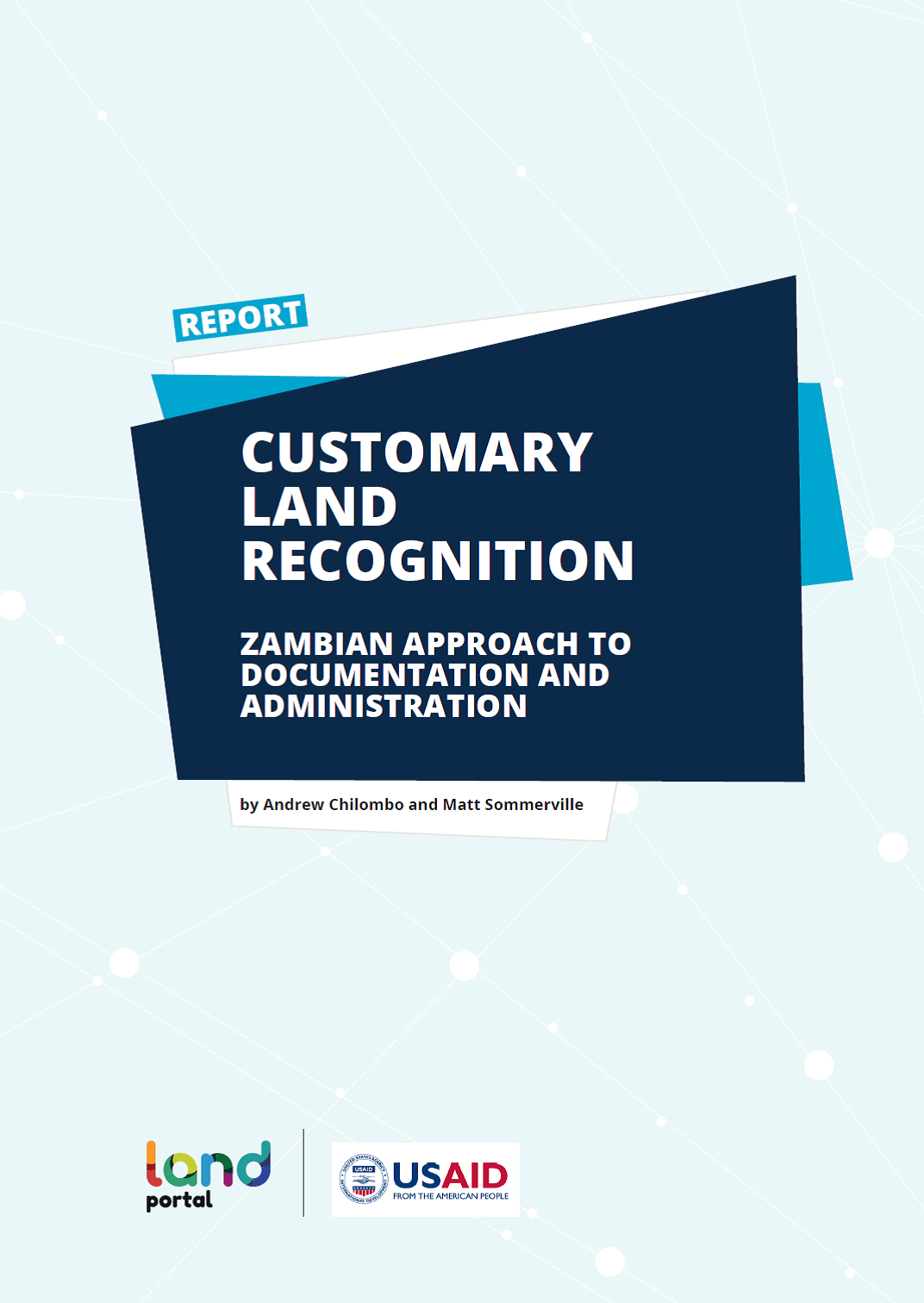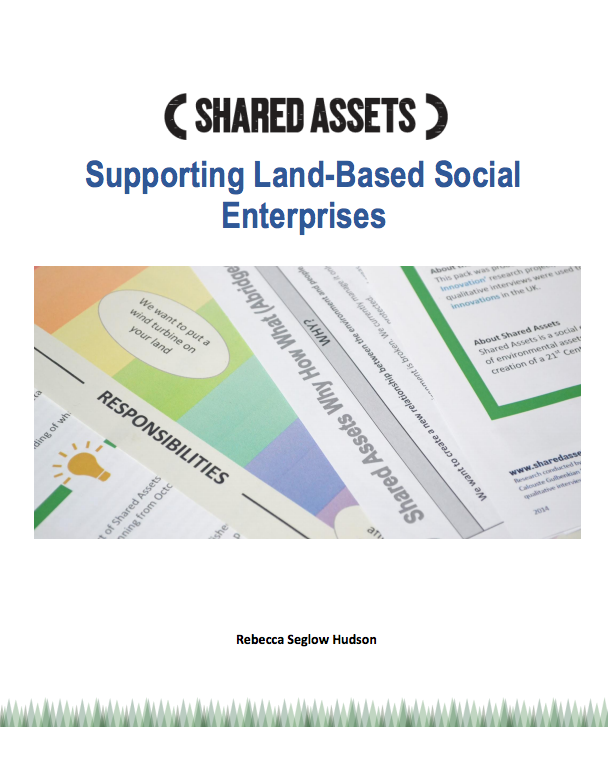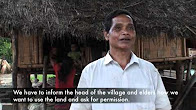On the Promises of Devolution: Overcoming the Constraints of Natural Resource Management in a Village in Tanzania
This article is concerned with the hypothesis that devolution, understood as entrusting local government
with significant domains of autonomous discretionary power, will lead to the equitable and efficient management of
natural resources. The paper focuses on the three domains of power conceived by some theorists as critical in the management
of natural resources, namely making rules, implementing rules, and resolving disputes in relation to these rules.










